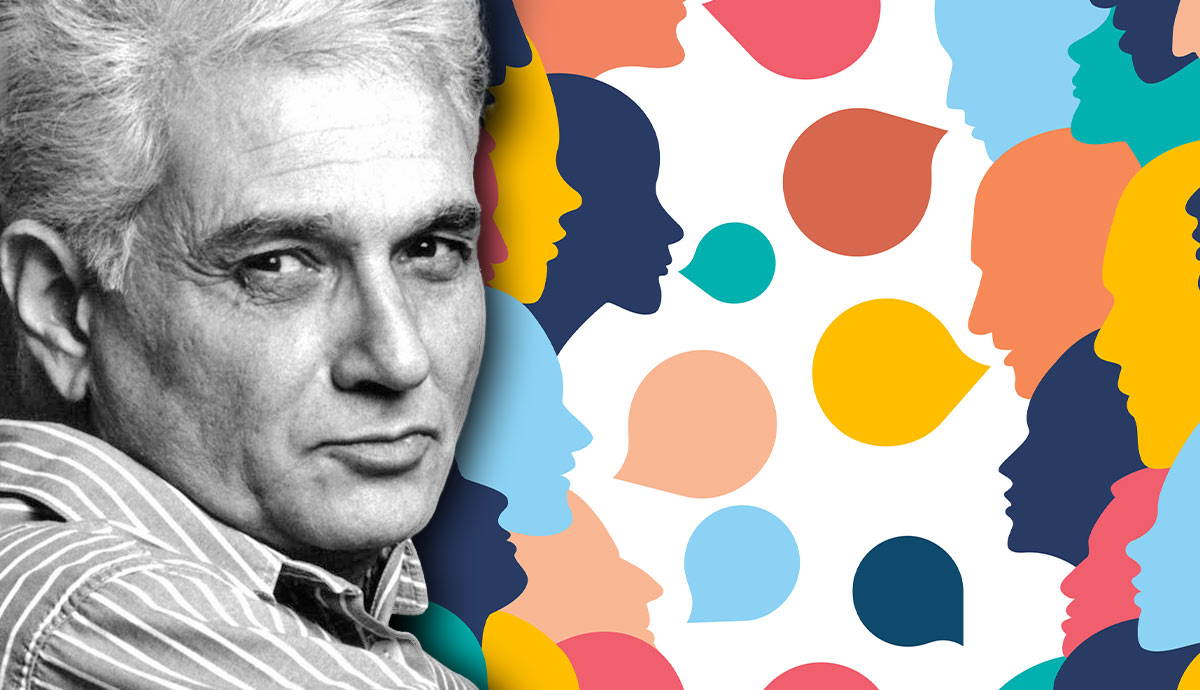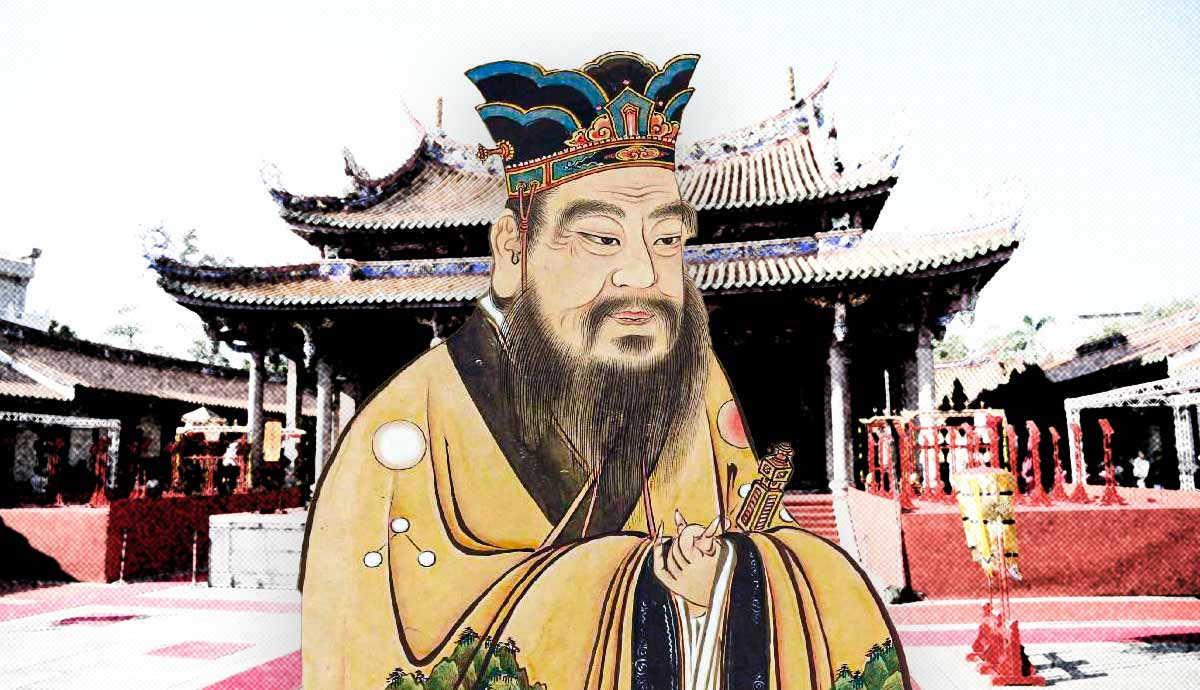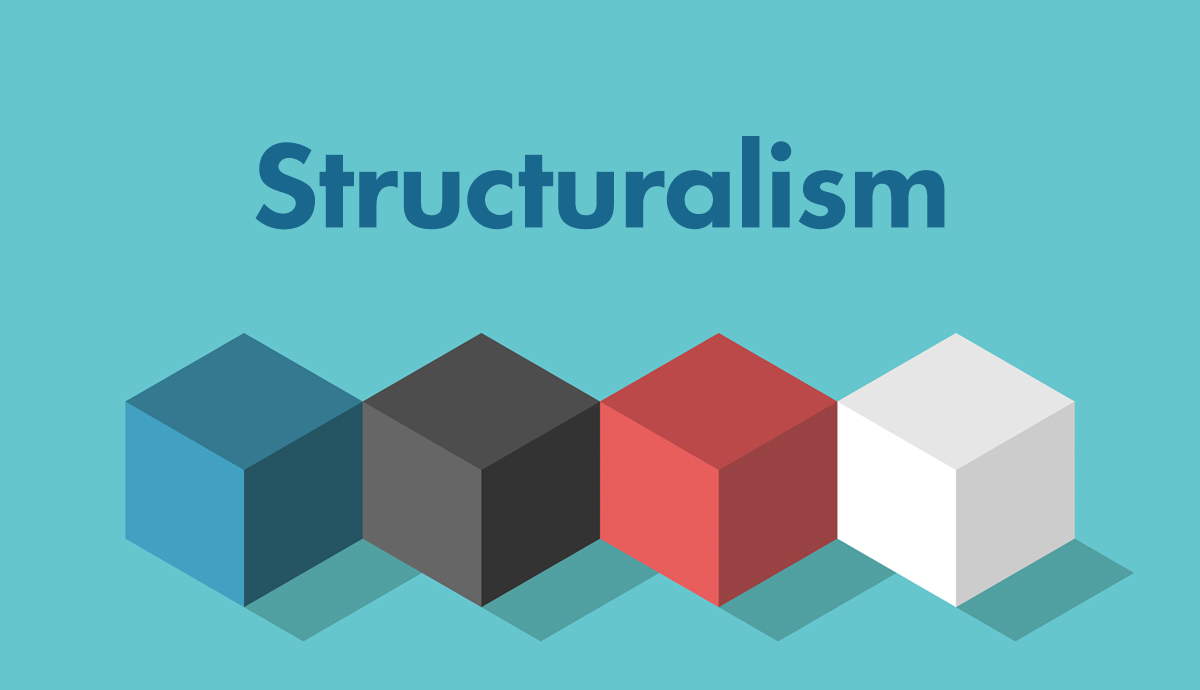
What was Jacques Derrida’s philosophy of language? Can he be said to have a philosophy of language at all? This article attempts to answer these questions by examining 3 things Derrida has to say about the philosophy of language. These surround the question of whether language has foundations, and if so, what they might be; the relationship between the philosophy of language and first or foundational philosophy; and the relationship between Derrida’s approach and the philosophical tradition that preceded him.
What is the Philosophy of Language?

What is the philosophy of language? In the Anglo-American or “analytic” tradition, the philosophy of language in its modern-day sense begins with an attempt to make sense of language by relating natural language (the language which we all ordinarily speak) to formal, logical language.
This attempt to find a foundation for language—some firm basis for it—is related to another aim for certain philosophers of language. That is to study language in such a way as to elicit the meaning of language, to figure out what thoughts language represents, and how it does so.
A variety of other questions are in play here, such as, for instance, the question of how it is that language relates to the world at large, and what—if anything—relates the way we speak and the things we say to the world in itself, apart from our attempt to grasp or describe it.
The point of saying something about the philosophy of language, in general, is twofold. Firstly, independent of any particular philosopher or philosophy of language, it is helpful to bear in mind some of the big questions in which more technical-seeming problems have been constructed.
Second, it is an open question whether Derrida’s work can be placed in the tradition of those attempting to solve problems about language, or whether Derrida is, in fact, either disinterested or actively critical of an attempt to pose the kinds of questions about language given above. The question, in a sense, is not “What is Derrida’s philosophy of language,” but “Does Derrida have a philosophy of language?”
I. The Foundations of Language

We can reference Richard Rorty (a major contemporary philosopher in his own right, to whose analysis of Derrida this article is much indebted) to draw an important distinction between two different kinds of approaches to foundational questions in the philosophy of language. The distinction is between philosophers who want to find language on some underlying logic, and those who want to “found” it on rhetoric.
What does it mean to “found” the philosophy of language on rhetoric? Rorty quotes Ludwig Wittgenstein in his later period, who claims that it is “only in the stream of life [that] an expression has meaning.” Rhetoric is, therefore, to be understood as a kind of understanding of language that emphasizes discursive and (therefore) social context, rather than that which is common to all languages, all the time (as when trying to “found” it on logic).
We need to hold in mind Derrida’s philosophical lineage in order to explain the relevance of this distinction to his conception of language. Derrida identified an enormous debt to the philosophy of Martin Heidegger, a German philosopher who was one of the most significant and influential thinkers of the 20th century.
Heidegger himself owed a great deal to another important German philosopher, Edmund Husserl, who developed a philosophical approach based on the phenomenological reduction, an attempt to make absolute sense of things in light of a transcendental self—a self which cannot be further analyzed, and which forms the basis of understanding.

Derrida’s break with Husserl is, on Rorty’s conception, a representation of the opposition between the latter form of the philosophy of language (based on rhetoric) and the former kind (based on logical underpinning).
Indeed, one of the most distinctive Derridean notions, that of “deconstruction,” is a sustained argument against the very possibility of any pure and simple foundation for the meaning of signs—that is, a foundation of language. The ambiguity then is whether the meaning of signs is founded on anything at all, however, impure or complex.
What is the alternative? One alternative would be that Derrida’s work is a kind of protest against existing attempts to make sense of language, especially those made by philosophers. One way of understanding Derrida is to emphasize his opposition to the idea of founding language on something else, to ground it in something that is not language, beyond language, before language. The search for a theory of meaning would constitute just this kind of foundational approach, because it is an attempt to say what language really is, in terms of something which is itself not strictly linguistic.
2. Language and First Philosophy

A distinction drawn by the philosopher Donald Davidson has it that there are two kinds of theory of language. There are theories of language (like the more modest, Fregean project) that are an attempt to describe the logical form of sentences, to classify expressions in such a way as to allow us to state the truth conditions of those expressions.
And then there are those theories of language that approach the philosophy of language as a kind of first philosophy. That is, they conceive of the philosophy of language as consisting of epistemologically oriented projects. Theories of language should situate our knowledge of things understood in themselves. From an analysis of language, a theory-independent conception of truth can be derived.
This is where Derrida and Rorty’s interests seem to really intersect. They are both extremely skeptical about the idea that philosophy is what keeps us in touch with what is real directly. Language does not, in this view, constitute an escape from the limitations of representation, from the limits of thinking from a particular point of view. In Rorty’s view, Derrida’s work functions well as a kind of rebuke of this recurrent tendency in Anglo-American or analytic philosophy: “Anglo-American philosophy has been repeating the history it refuses to read”.
3. Jacques Derrida Against the Tradition

The idea of “the tradition” is, indeed, a significant one for our understanding of Derrida’s philosophy of language. How Derrida relates to his predecessors appears to be especially important for his conception of language, and the relationship between the philosophy of language and philosophy as a whole (which we might call the metaphilosophical dimension of Derrida’s work).
Consider another very famous concept that develops from Derrida—that of différance. This can be understood as an attempt to get out from under the philosophical tradition that Derrida was eager to escape.
Différance has various meanings in Derrida’s work. It refers to the difference between a text and what it says. It also expresses opposition to identity between a text and its meaning, or the text and its purpose. It is also, as French speakers will have noticed, a misspelling of the French term for difference (difference). This single-letter change is meant to indicate that difference is not a fixed, nominal entity, but a concept that is continually “breaking up” (in Derrida’s terms).
Derrida posits a non-definitive concept as a kind of rebuke to the history of philosophy, which is littered with failed attempts to offer definitive, unchanging conceptual analyses, to get the last word. This is, in a certain sense, where Derrida’s understanding of the philosophy of language as a contingent exercise turns towards skepticism of philosophy itself. Derrida expresses profound skepticism about the possibility of escaping the tradition and continuing to do philosophy. In this respect, he follows Heidegger, who wants to get out from all of the old terms of the philosophical tradition in order to allow us to understand something which cannot be expressed (or certainly cannot be expressed in these terms).
For Derrida, the point is not to bring us to something further, but rather elicit a kind of awareness of the limitations of the tradition—writing, as Derrida does, in a series of puns, gimmicks, allusions, and so on. This kind of playfulness amounts to an appreciation of the fluidity of language that he is keen to pass on to us. For Derrida, it is a mistake to think of philosophy as something which has gone wrong but could go right.










